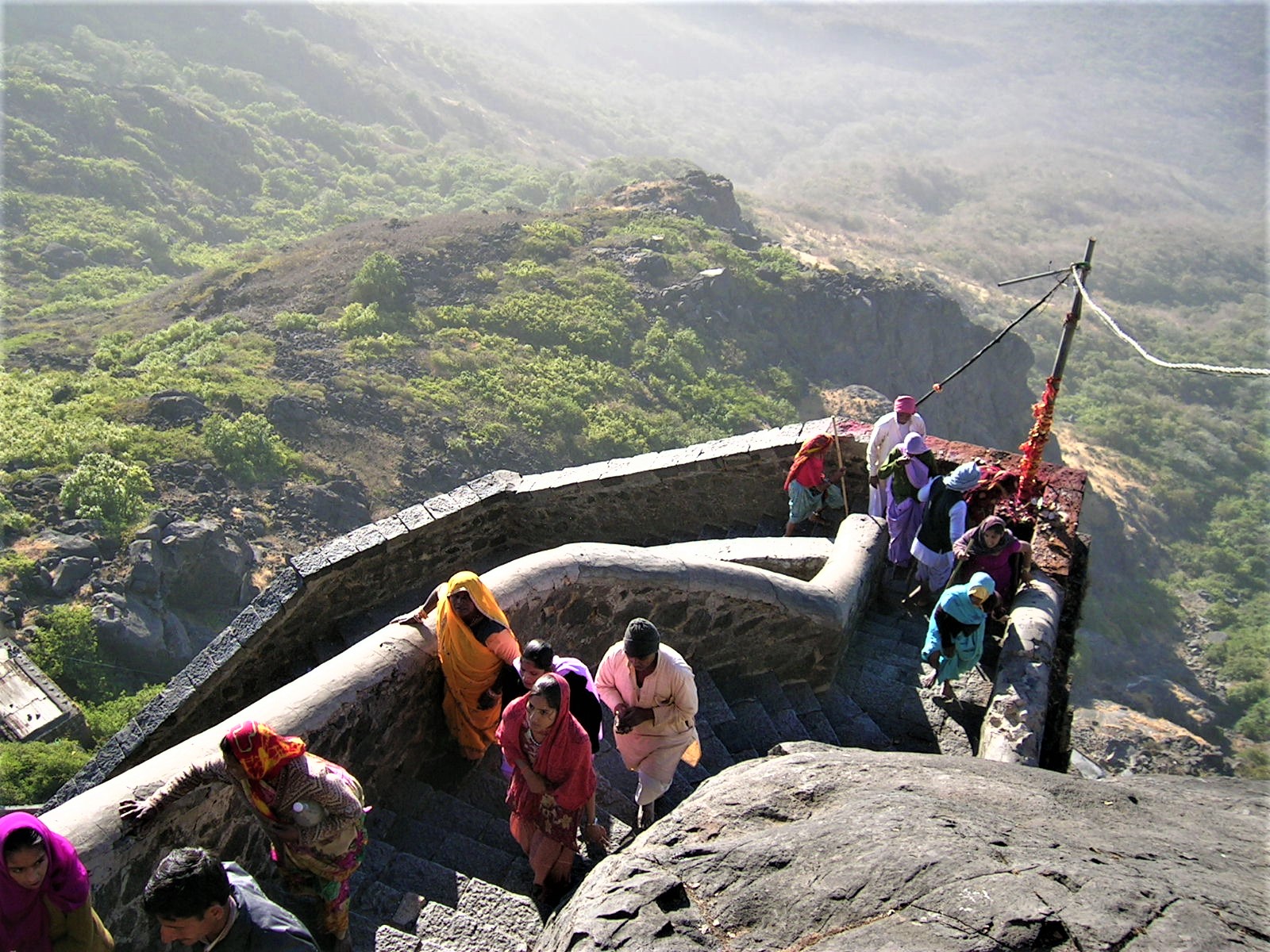‘Every 14 days, a language dies.
Half of the roughly 7,000 languages spoken on Earth will likely disappear, as communities abandon native tongues in favour of English, Mandarin, or Spanish….’

Our language was given to us by the Spirits who created our world.
We had our own language and that was who we were.
We had names for every kind of tree, for every kind of plant, for every kind of vine, tree, bush and flower.
We had names for every kind of living creature: insect, animal, bird, reptile and fish.
And friend, in those days, there were so many – so many – species of trees, plants, animals, birds, fish and insects.
All around us.
We were a part of them and they were a part of us.
Our language!
We had stories and songs to guide us through the forest, to know where we were going and why we were here.
Our language was the promise that our world would be replenished.
It was the promise that after we died, we would return to our world.
One day men who spoke a different language came with their Evil Magic and destroyed our world.
Our people were scattered.
We became slaves.
Some of us worked on the roads, some of us fixed fences, some of us worked in mines, some of us worked in factories.
We found ourselves alone, speaking a language we never learned, never knew.
Only to do what we were told.
Alone.
What had we done wrong?
How had we angered the spirits?
Or were they dead?
Our children were strange to us. They learned the language of the Masters but they never became one of them, never belonged. We no longer knew our children and they were as lost as we were.
Many of us lost the will to live and drank ourselves to death.
As for me, a survivor, I spend my days walking through the mud where once the forests thrived, thinking to myself in a language no one speaks and no one understands.
I talk to myself, talk aloud, hoping that someone, another survivor somewhere, will hear me and answer me.
I wait and wait, listening to the echo of my own voice.
Walking Blind

Songs of Central Australia
Like this:
Like Loading...








